Don't settle for the same old boring TV
Our IPTV is here to shake things up!

+20,000 Premium Channels
Enjoy the most coveted premium channels throughout the United Kingdom







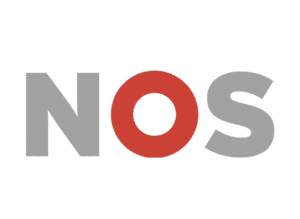
















+100,000 latest VOD titles available
Find the latest movie releases all in one place



























Plans
50% discount on IPTV, only TODAY! ⏰
Don’t miss this unique opportunity. Enjoy your favourite channels at half the price!
£11
50% OFF
- Premium Server
- 4K UHD+ HD Quality Streaming
- +20,500 Channels 24h/7
- +100,000 VOD 24h/7
- 24h/7 Free Support
- PPV & VPlayed Channels
- Watch On Any Device
- Update Every week
£64
50% OFF
- Premium Server
- 4K UHD+ HD Quality Streaming
- +20,500 Channels 24h/7
- +100,000 VOD 24h/7
- 24h/7 Free Support
- PPV & VPlayed Channels
- Watch On Any Device
- Update Every week
FEEDBACK FROM OUR CUSTOMERS


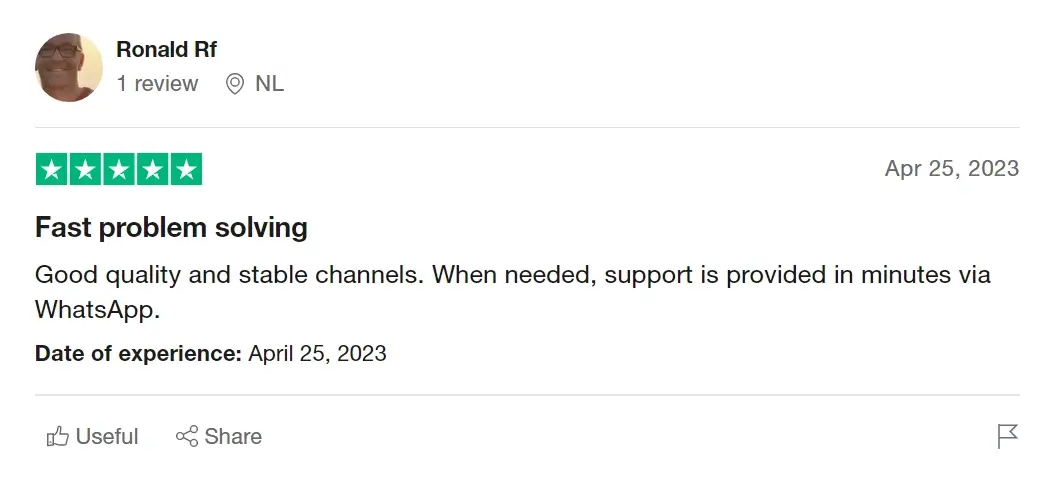

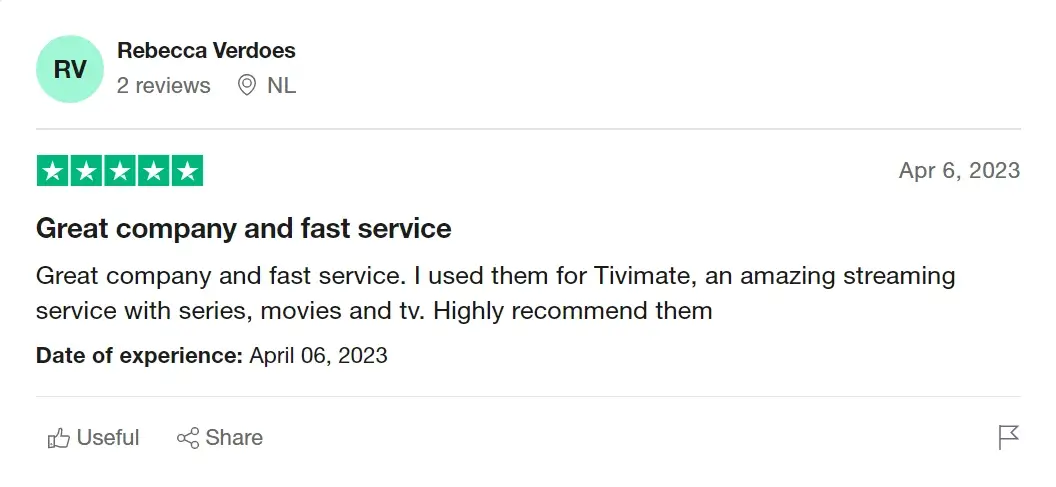
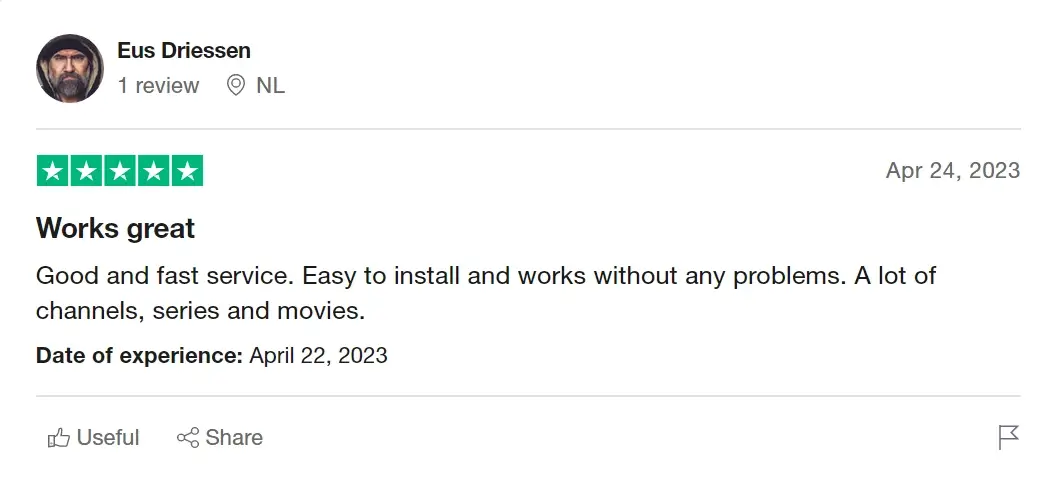
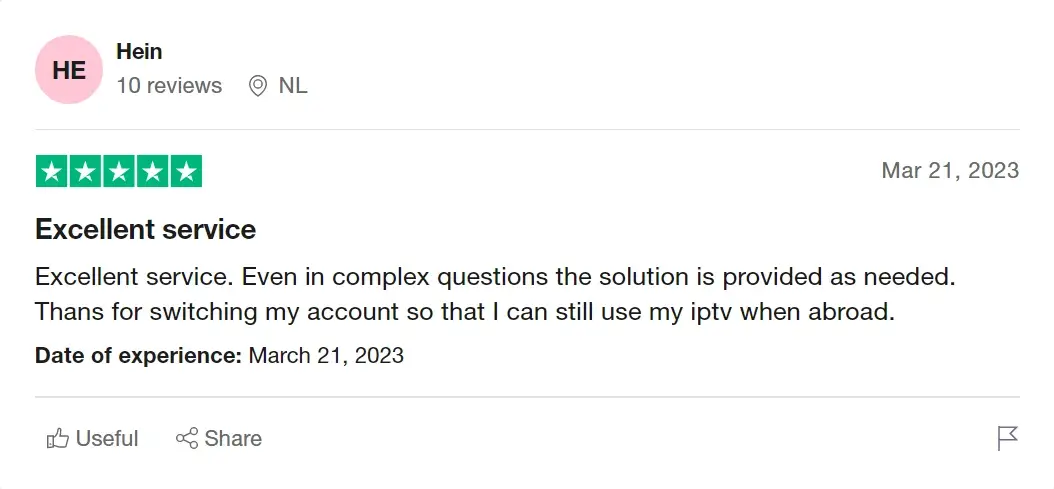
WHAT THEY SAY ABOUT LIVETVSTREAM











Catch all the entertainment and the biggest sports events you love with our IPTV service!
Our provider offers all your favorite country packs, with over 20,000 channels, 100,000+ VOD titles, and even +200 adult channels. We are the number one IPTV provider, offering the most affordable pricing plans on all your devices. Say goodbye to freezing and buffering, as our advanced solutions ensure a lag-free viewing experience.
After your payment, you will receive an email confirming your payment, this email is systematically sent to your payment email address. Our agent will then confirm your request to create your subscription, if you have any questions our agent will assist you with the activation process.
To subscribe to IPTV, visit our website and choose a subscription plan that suits your needs. Once the payment process is completed, you will receive instructions on how to access the IPTV content.
- Paypal
- Credit Card
- Apple pay
- Google pay
- Instant bank payment
- bank transfer
The service can be used on various devices, including Smart TV, Android Box, iOS and Android smartphones and tablets, Chromecast, Amazon Fire TV ( fire stick ), and many more.
Typically, the Service can be used on one device at a time, but you may choose to add as many additional connections as you like.
We offer over +20,500 live channels, mainly from the UK , USA 🇺🇸 , CANADA 🇨🇦 , AUSTRALIA 🇦🇺 , Europa EU … (channel list)
including all sports (Champions League, LaLiga Santander, Premier League, BundesLiga, Formula 1, MotoGP), movies, and entertainment channels. We also offer channels from the United States and South America. VOD is also included.
If your device allows it, you can record all the programs you want and watch them later at your convenience… without any additional cost.
No, you will not need any VPN to watch the IPTV as we use very advanced solutions to bypass ISP blocking.
Duplex paly
ssiptv
Smart one iptv
netiptv
setiptv
kodi
M3U smart
Sansat pro smarters
sansatbox
Smartx2 android
sansatphone
iptv smarters pro
sansatiptv
SmartIPTV
Sansat 3.0
Iptvsmarters pro
XCIPTV
sansat v6
Tivimate
Aptoide
SmartTubeNext
Dlta4k app
Elk player
Ibo Player
Crystal activecode
Crystal userpass
Fuego
Sltv userpass